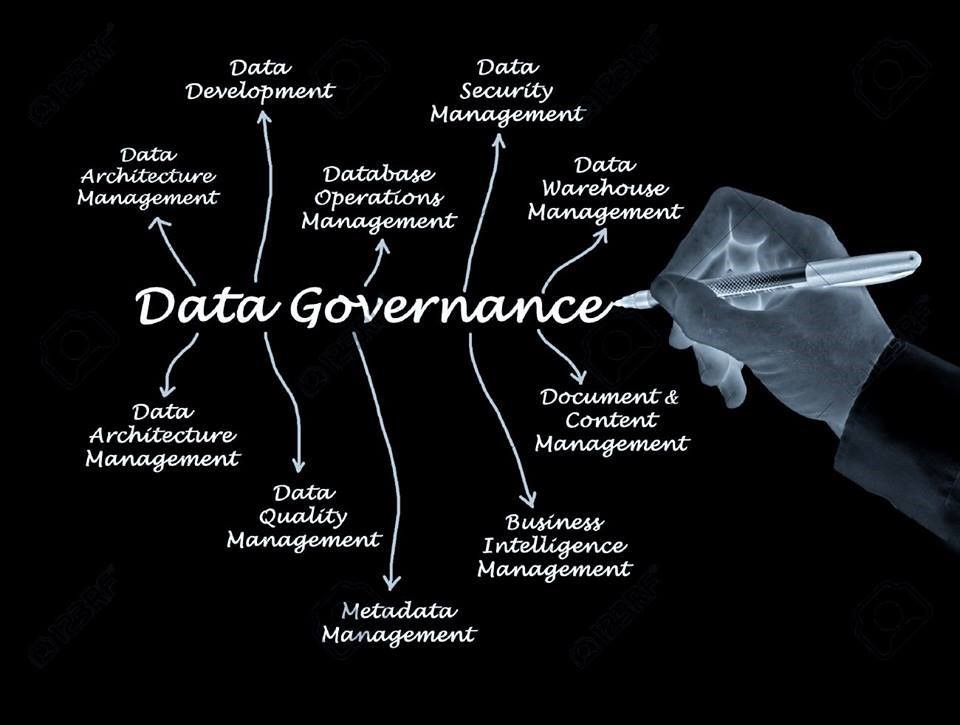In a short few years, data warehouse has become an indispensable and integral part of all business activities. To ensure that it remains effective and keeps serving its primary objectives, it’s equally important to regulate it properly through a set of standard rules and procedures. The collective of these rules and procedures can be termed as “data warehouse governance”. Since each data warehouse is different from another, their governance policies need to be formulated accordingly but the key operating elements sponsorship, organization, and process remain ubiquitous. These three elements are elaborated below:
Sponsorship
No governance program can be implemented without the patronage and sponsorship of senior management. From a hierarchy perspective the senior management is capable to finance, enforce compliance, and provide resources for data initiatives. That being said the higher management sponsoring the governance program should realize that this is an ongoing project which will require proactive role and engagement from all top hierarchy stakeholders. The goals and objectives of this program should be clearly defined to gauge the overall efficacy of the program and define the KPIs.
Organization
The next important step is establishing an overwatch, steering committee or governance board which is comprised of tech-savvy top hierarchy personnel from within the organization. This board needs to have people from both hemispheres of the business, IT, and business. The sponsoring committee, which is another entity and not to be confused with governance body, shouldn’t be solely responsible for data warehouse project. The purpose of having business people in the governance body is to ensure that the overall data warehouse architecture is aligned with business goals, operational priorities are set up, and the project is accepted at every level.
Here is the summary of the data warehouse governance committee’s responsibilities:
- Define data process and access rights for end users based on legal restrictions and data security rules and regulations.
- Monitoring and reporting data usage.
- Define a contingency policy which includes a detailed backup strategy.
- Ensure that key business decisions are made based on the information derived from the data warehouse.
- Ensure scalability and flexibility in the data warehouse design to accommodate even a drastic shift in the operating paradigm. This is also closely linked to change management routine, which dictates that data warehouse should be fully compatible with increasing and at time overwhelming change requests of the business users. That being said each change request should be formally submitted to the governance committee with logical business reasoning. It will be the committee’s prerogative after scrutinizing to either approve or decline the request.
Process
With sponsorship and organization taken care of, the last facet of data warehouse governance is ensuring fundamental processes, such as fund allocation, program management/acceptance, and measurement are established for the long run. These processes once instilled and followed to the proverbial ‘T’ ensure that the data warehouse is able to meet its primary, secondary, near-term, and long-term goals. The key factor that separates optimally operating data warehouses from the ones that fall short of their expected goal is often laxity in process management.
A very comprehensive collection of the best practices of data warehouse governance can be read here.
Benefits of The Data Warehouse Governance Program
Numerous benefits can be reaped from establishing a data warehouse governance program. Some salient benefits are as under:
Increased Revenue
When properly put in place and according to guidelines mentioned above, a governance program allows a business to make better, faster decisions with more certainty and impunity. It curtails errors, such as data breaches due to less than optimal security and sluggish data relay to recipients saving a lot of money which can then be used to further business operations.
Elimination of Data Silos
Every organization hoards data intentionally or unintentionally. Meticulously crafted and implemented data warehouse governance policy ensures that data is shared across the organization and decision-makers have access to the required relevant resources.
Boost in Collaboration and Accountability
Data governance in a warehouse clearly fosters accountability. Who had access to data, when was the data accessed is all reported and documented. This ensures maximum transparency and allows to track any change in the data. On the other hand, governance also provides a convergence and collaboration point for different departments of the organization.
Need help in managing your data warehouse? Our expert data architects can help you out!






